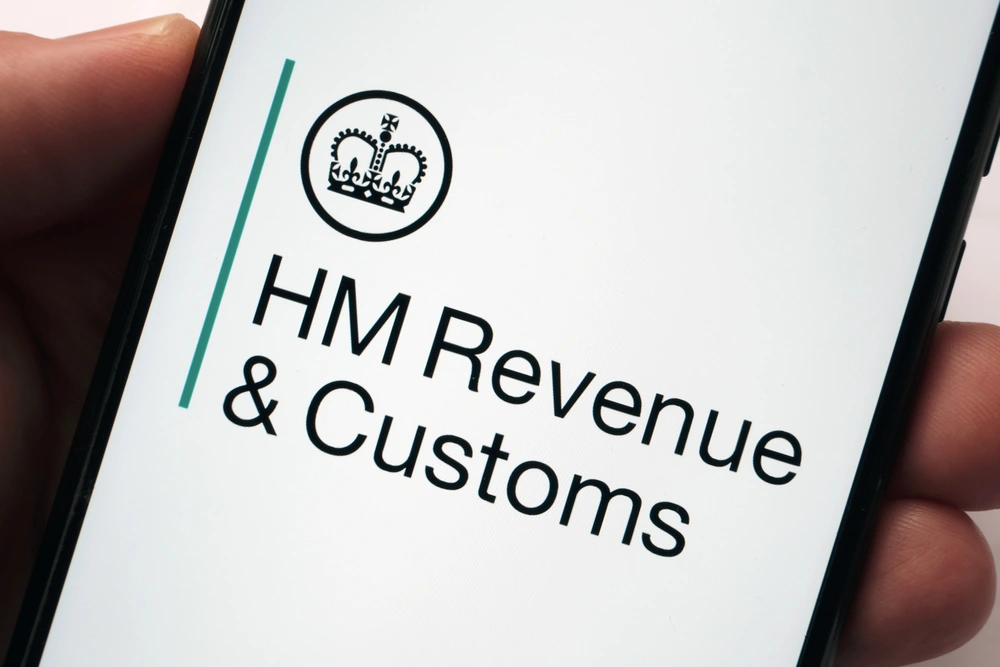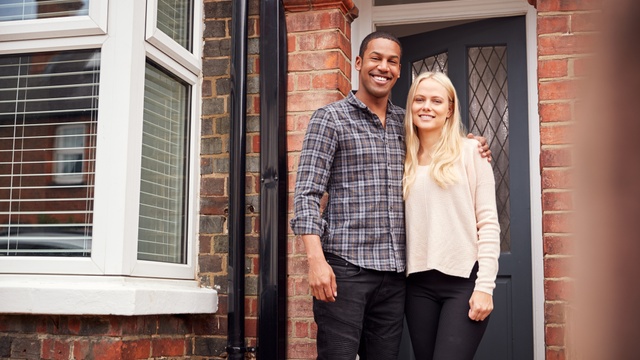If you’re wondering what you need to get a mortgage approved, use these top 10 tips to help you look more attractive to mortgage lenders.
1. Sort out your budget
Previously, mortgage lenders usually were prepared to lend between three and five times your salary, depending on your total incomings and outgoings. But these days, there’s a lot more to the decision than that.
Now, lenders will want to evaluate your disposable income to get a good understanding of whether you could afford the mortgage. They’ll check your past three months spend to get a good idea of your affordability. They’ll look at things such as your utilities, membership, grocery shopping and how much you spend dining out.
If you’re planning on applying for a mortgage soon, it’s best to cut back on unnecessary costs. You’ll be able to show lenders that you’d have a bit of wiggle room in the event of an increase in your monthly repayments.
Use a mortgage repayment calculator to give you an idea of what your monthly payment could be.
2. Register to vote
If you're not registered to vote at your current address, this will hurt your credit score and cause problems when lenders come to check your identity. You can easily register to vote on the government website or check if you’ve already registered here.
3. Save as much as possible
Saving as much as possible will mean you'll have a larger deposit available. A bigger deposit reduces the LTV (loan-to-value) and opens more attractive mortgage offers to you. Having some cash set aside for other moving costs is always a good idea, so they don't eat into your deposit money. Think about:
- solicitor fees
- estate agent fees (if you’re also selling a property)
- buildings insurance
- removals.
Factor in extra cash to cover any unexpected costs that could see you spending more than you anticipated.
4. Find out what support is available
There are various schemes available to help property buyers, including the Help to Buy scheme. Have a look at the government website to see what help you could be eligible for.
95% mortgages are available once again (conditions apply), thanks to the government-backed scheme that's due to run until the end of 2022, and stamp duty savings can still be had until the end of September 2021.
Read on here to find out whether you should buy during the stamp duty holiday.
If you're buying a new build property, you might be able to negotiate on fixtures and fittings depending on the build stage. Builders often have deals running where they contribute towards your legal fees or let you move in with a lower deposit. They want your business at the end of the day, so it’s always worth asking what they can do for you.
5. Pay your bills on time
You should always pay your bills on time, but it's essential to do so for at least six months leading up to your mortgage application. Late payments stay on your credit report for six years, so mortgage providers will be able to see them when they do a credit check. The odd late payment may not mean your application gets denied if everything else is in order, but a multitude of late payments will probably put lenders off.
6. Pay off your debts
A bit of debt isn't too bad, so long as you’re making the repayments on time, every month. This helps to add to a picture of good money management. Too much debt will go against you if the lender thinks that you’re taking too much on. Work out what your credit utilisation rate is and aim to keep it below 30%.
7. Stop applying for credit
Each time you make a credit application, including car insurance (if you're paying monthly), mobile phone contracts, and credit cards - a hard search gets recorded on your credit file. Hard searches are visible to lenders searching your credit file, and too many give lenders the impression that you’re applying for too much credit. It’s best to stop applying for credit at least six months before you make an application for a mortgage.
8. Check your credit report
You can improve your chances of getting a mortgage by understanding your financial history and knowing what lenders can see about you. The best way to do this is to keep checking your credit report regularly. You'll be able to work out the areas you need to improve and spot anything that shouldn’t be on your credit report - including errors and fraud.
There are three main credit reference agencies that lenders use when deciding whether to give you a mortgage:
- Experian
- TransUnion
- Equifax – You can check your Equifax report for free with CredAbility.
9. Research mortgage providers
Get the best mortgage deal by shopping around. Look on the high street, at banks and building societies, and speak to a mortgage broker. A mortgage broker can show you mortgage deals from lenders across the country, whereas a bank will only show you their products.
10. Get a mortgage in principle
If you’ve started the house search, then you might want to look at getting your mortgage in principle sorted. This is an agreement from the lender that they’re prepared to offer you a mortgage, based on some basic checks of your credit file combined with information from your application form. It’s not a guarantee that they’ll go on to offer you a mortgage, but it does give you a good indicator. Plus, it can help your position as a buyer if the seller thinks you’ve got your finances in order. Check that the application won’t leave a hard search on your credit file before you go ahead.
Read on to see how long it can take to buy a house.
Disclaimer: We make every effort to ensure that content is correct at the time of publication. Please note that information published on this website does not constitute financial advice, and we aren’t responsible for the content of any external sites.








